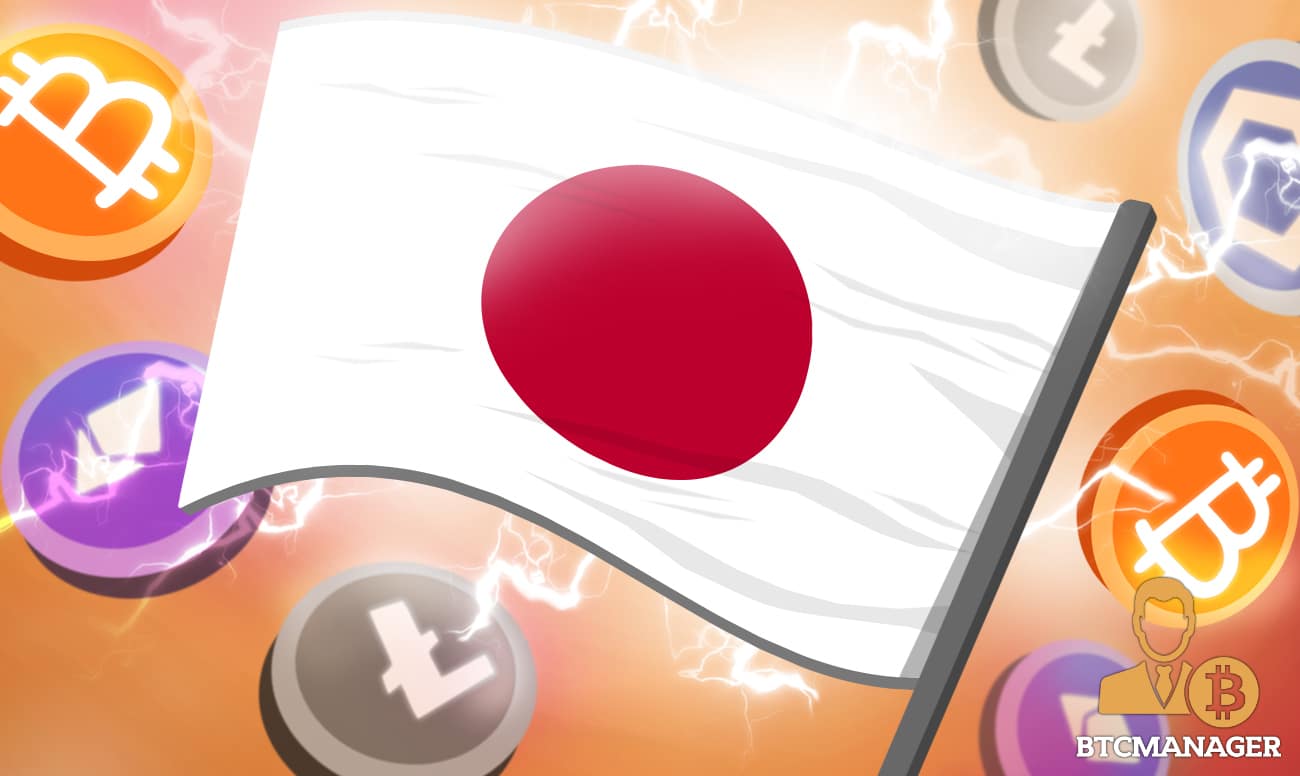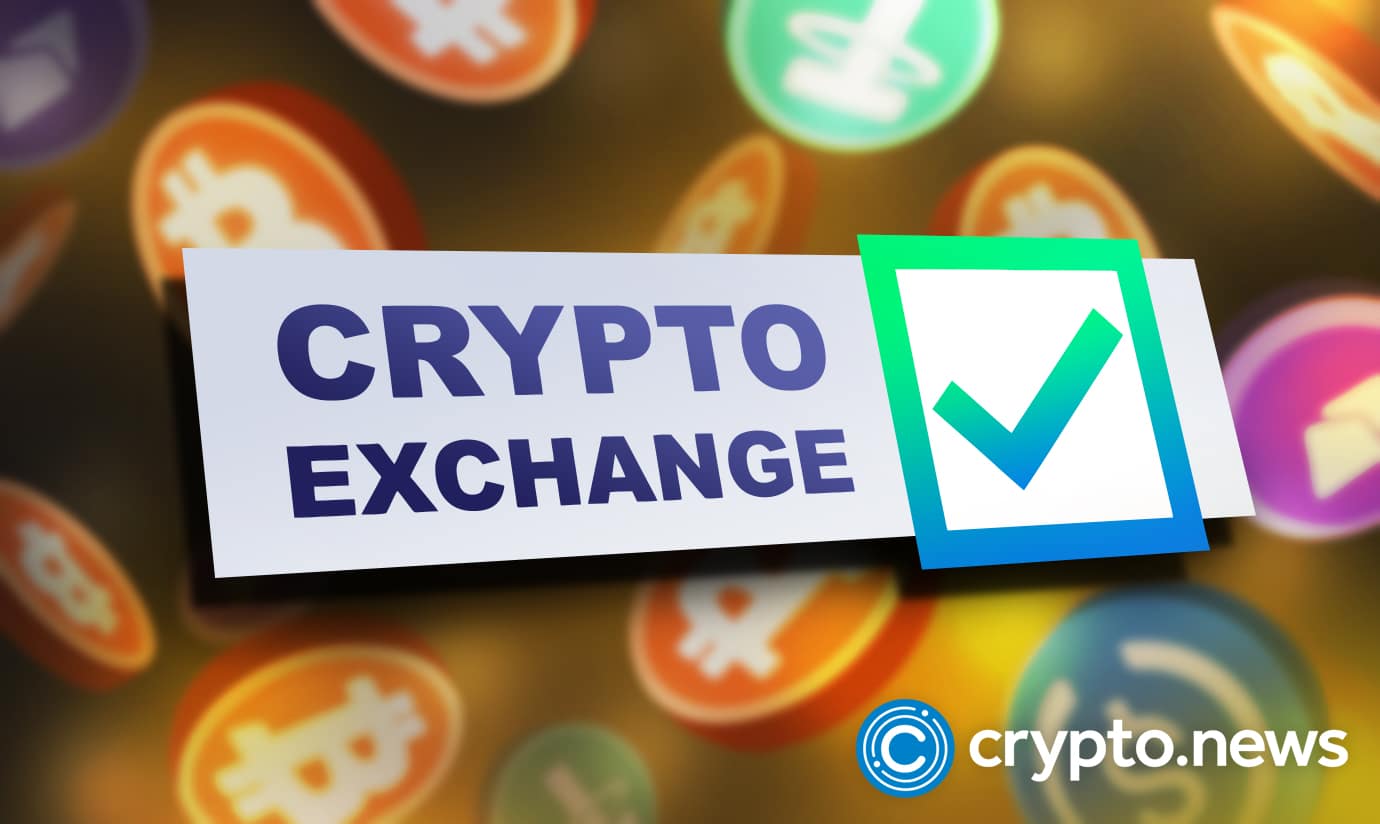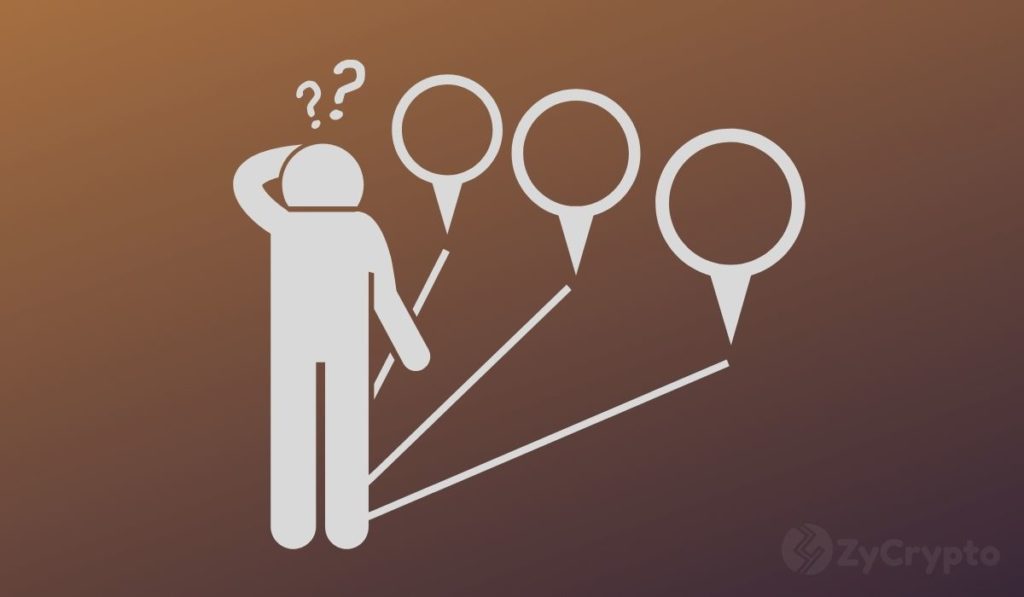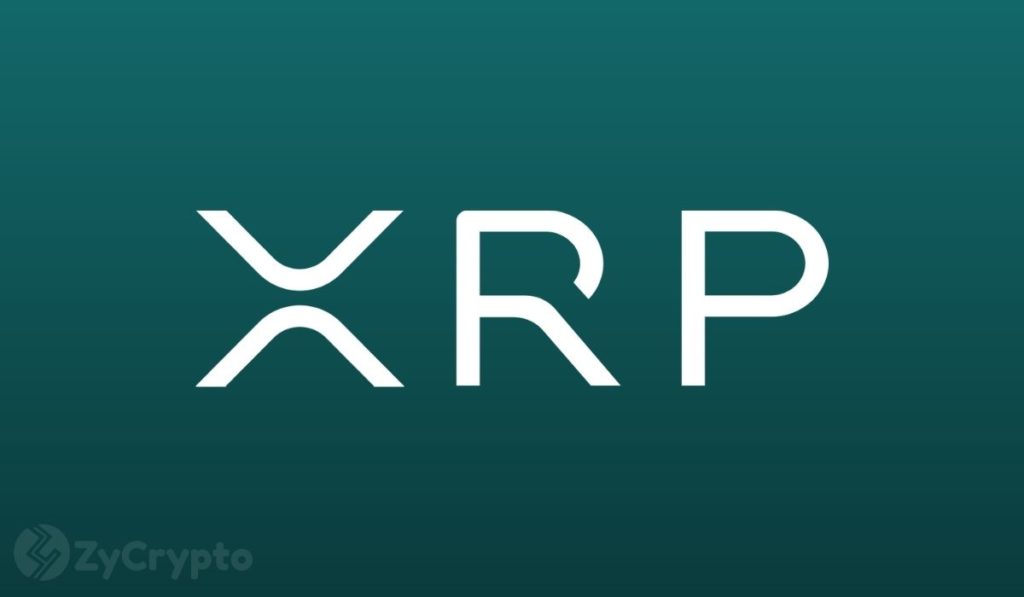2021-10-2 18:20 |
Physical interactions with digital currencies are becoming more widespread, with more brick-and-mortar exchanges complementing the proliferation of crypto ATMs in North and Central America
Technological barriers to exchanging cryptocurrency for fiat currency via self-service online exchanges often dissuade people of a certain age from becoming involved in crypto. Physical exchanges are the perfect answer to this issue. They all operate in a slightly different way, but essentially they offer the following services: they teach customers how different digital currencies work, help them to set up a digital wallet, and facilitate the exchange of cryptocurrency for local currency.
This differs markedly from how self-service exchanges work with respect to customer relations; they tend to be notoriously slow in handling customer complaints. Physical stores seem to be an assurance that everything is above board, for those who are skeptical of the largely unregulated crypto-sector.
Cost of trust offsets cost of transactionsIt seems like customers patronizing physical exchanges do not mind the additional fees that exchanges charge, which can range from 0.99% to 5%. Exchanges like Binance offer fees of 0.1% to 5%, depending on the payment method. Brick-and-mortar exchanges, like Comptoir des Cybermonnaies in France, are licensed by French regulators and do not accept cash to avoid money-laundering. This is in stark contrast to exchanges like Binance who have faced backlash from multiple national regulators.
This fosters trust, that a traditional investor can walk in and part with significantly more local currency than they would on an online platform. Coin Nerds, a brick-and-mortar exchange in Mississauga, Ontario was opened in 2018, by owners who are part of a niche group of entrepreneurs who believe that the online crypto world can be brought into the real world, to serve customers from all socio-economic classes.
Business is going well, say brick-and-mortar exchangesMuch of Western Europe and the U.S. do not have many brick-and-mortar exchanges, due to trust in the banking system, and the ubiquity of digital banking channels and the internet. Still, these exchanges’ businesses are picking up.
Surging Bitcoin prices and post-pandemic store reopening have contributed to this uptick in business. As a case in point, Comptoir des Cybermonnaies has seen a six-fold increase in the number of transactions it processed between 2019 and 2021, while Coin Nerds seeks to open a second branch in downtown Toronto early next year, having processed $119M in transactions in 2020. This, together with the 200 plus crypto ATMs in El Salvador, and the 24000 plus ATMs in the U.S., means that more people will come on board the crypto wagon, for whom online platforms have historically posed seemingly insurmountable drawbacks.
What do you think about this subject? Write to us and tell us!
The post Brick and Mortar Crypto Exchanges Find Niche Market appeared first on BeInCrypto.
origin »Emerald Crypto (EMD) на Currencies.ru
|
|





















